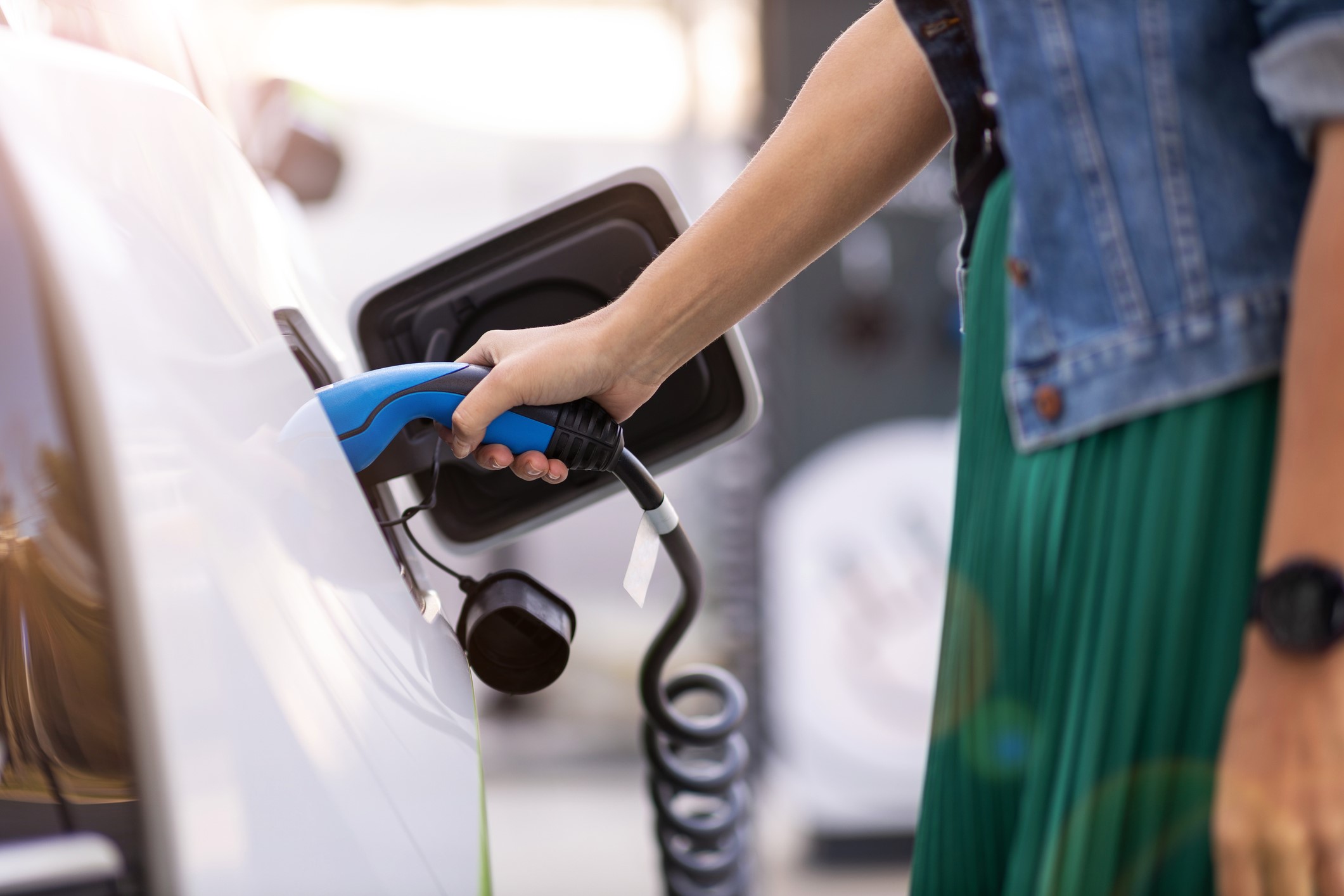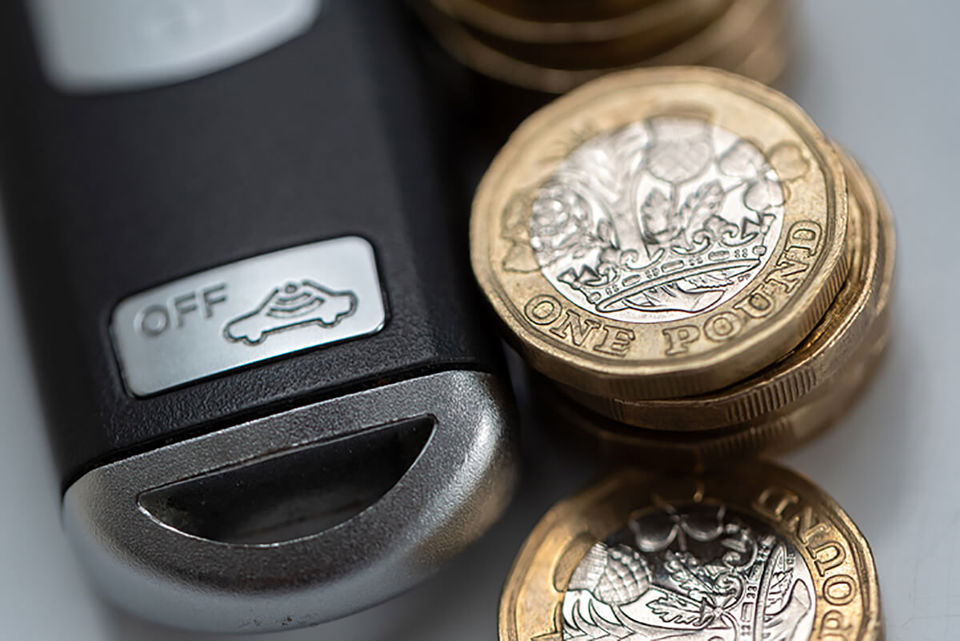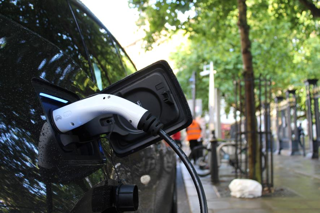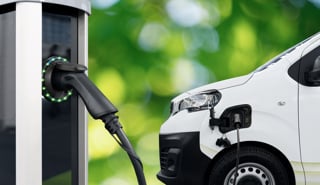There is growing concern that the poor performance of electric vehicles (EVs) in the used market could force leasing companies to increase monthly rentals on new electric cars.
Used EV values have collapsed in recent months, with 12-month reductions of 20-25% not uncommon as Tesla’s price cut in January spooked an already volatile market.
Indicata reported used EV values had fallen by 21.2% in the first four months of 2023 alone.
Paul Hollick, chair of Association of Fleet Professionals (AFP) told Fleet News at 10: "The lease co's are massively concerned about EV remarketing performance.
"They are holding the line as best they can to try and make sure that they don't upset the applecart, particularly with lease rates for our members and for fleet managers across the country.”
But, he added: “They are really concerned about what's happening with remarketing performance and whether it needs to be reflected in some of these rates at the moment, which most of them have decided not to do."
Downward pressure on used values
Instead, Hollick says that leasing companies are trying to tackle the issue by extending the vehicle's life, offering extensions to avoid remarketing them right now.
He explained: "It is a concern for me at the moment, because if remarketing performance continues to slump – hopefully it won't do – then that will end up being reflected in RVs and make the lease costs on new EVs a lot higher as well.”
Dean Bowkett, of Bowkett Consulting, has warned that an imbalance between supply and demand in the used EV market could push prices down by up to a further 10%.
He told a recent meeting of the Vehicle Remarketing Association (VRA) that consumer interest in EVs remains minimal against a backdrop of rising supply.
Appeaing alongside Hollick on Fleet News at 10, Gemma Dickson, group sales and marketing director, at vehicle rental company Herd Group, said: "Leasing companies are holding their prices... but there will come a point where (you ask) is this going to be viable."
Currently, while there is still a big proportion of internal combustion engine (ICE) vehicles being defleeted, any potential downturn in RVs can be softenend by profits gained through petrol and diesel vehicles.
But, Dickson said: "If the majority of your fleet becomes electric, then the RVs are a massive consideration."
Hollick is hopeful that something can be done to stimulate the used EV market.
Stimulating used market for EVs
A new report – Used EV Market: The Key to Unlocking Net Zero – which was published by the Green Finance Institute (GFI) earlier this week (Wednesday, June 7), highlighted concerns over the long-term health of EV batteries, as one of the biggest barriers to adoption in the used market.
Assurances on the health of second-hand EV batteries were identified as the single most effective solution to encourage drivers to make the switch.
Fleet News reported recently how the UK Government is working with international partners to develop new laws for monitoring the health of EV batteries.
The plans to make the fitting of battery state of health (SOH) monitors compulsory on all new EVs were discussed at a meeting of the Vehicle Remarketing Association (VRA).
Abdul Chowdhury, head of vehicle policy at the Office for Zero Emission Vehicles (OZEV), explained that because the battery forms a large part of a used EV’s value and performance, providing information on its health would support consumers in making informed comparisons between vehicles and help alleviate concerns over battery degradation.
He said: “The UK Government has been working with the United Nations Economic Commission for Europe (UNECE) and other international partners to develop technical regulations on SOH monitors and minimum battery performance standards and is currently analysing options for adopting these regulations into UK law.
“The EU is also considering options, and its Euro 7 proposals look set to bring SOH monitors in from July 2025.”
A battery SOH is an estimate of a battery’s remaining total capacity, compared to the total capacity at the EV’s production.
The Global Technical Regulations on EV batteries developed at UNECE, where many international automotive standards and regulations are set, cover two key aspects.
The first is to mandate installation of SOH monitors on EVs which must be accessible to the consumer, meet accuracy requirements and be validated through in-service testing.
The second is to set a minimum performance standard of 80% SOH from 0-5 years old or 100,000km, whichever comes first, and 70% SOH for vehicles between 5-8 years old or 100,000 to 160,000km, whichever comes first.
Boosting consumer confidence

National grid fleet manager, Lorna McAtear, believes better battery information may help boost consumer confidence.
Currently, she says, when an EV is entering the used market, there is no information available as to how that battery has been looked after.
“You could have somebody that's driven 50,000 miles, but has always rapid charged it, floored it everywhere and not particularly looked after the battery, or you could have somebody that's done 150,000 miles, but has always charged that battery within its ambient ranges and not always rapid charged it,” she told Fleet News at 10.
"What we don't know at the moment is how those batteries are looked after when they go into that second-hand market.”
Welcoming any potential changes to boost confidence in the secondhand EV market, Dale Eynon, director of Defra Group Fleet Services, also believes that there is a crucial role for manufacturers and leasing companies to play, with “clear guidance” on battery maintenance and charging regimes.
He added: “There’s a bit more information needed from both ends; both in terms of giving consumer confidence, but also more information for fleets to say, this is what we would expect you to do in your fleet to get the maximum battery level.”
There may be some good news on the horizon, however, with BCA reporting that the market for used EVs is improving, having recorded its strongest performance for EVs in May, since the peak recorded last October.
BCA Valuations data suggests that sellers and buyers are currently more aligned on price expectations than at any point in the last six months, with first time conversion rates and sold volumes for EVs rising in May.
Fleet News at 10 features a guest panel of leading fleet decision-makers discussing the month’s biggest news and hottest industry topics.
The next webinar take place on Friday June 30, from 10-11am. Register for free here.
> Interested in comparing electric vehicle data? Check out our EV tool.
> Interested in ensuring the efficient use of EVs. Check out our dedicated editorial sections: Insight & policy | EV news | Charging & infrastructure | Costs & incentives | Benefit-in-kind | EV case studies | EV road tests























Login to comment
Comments
No comments have been made yet.